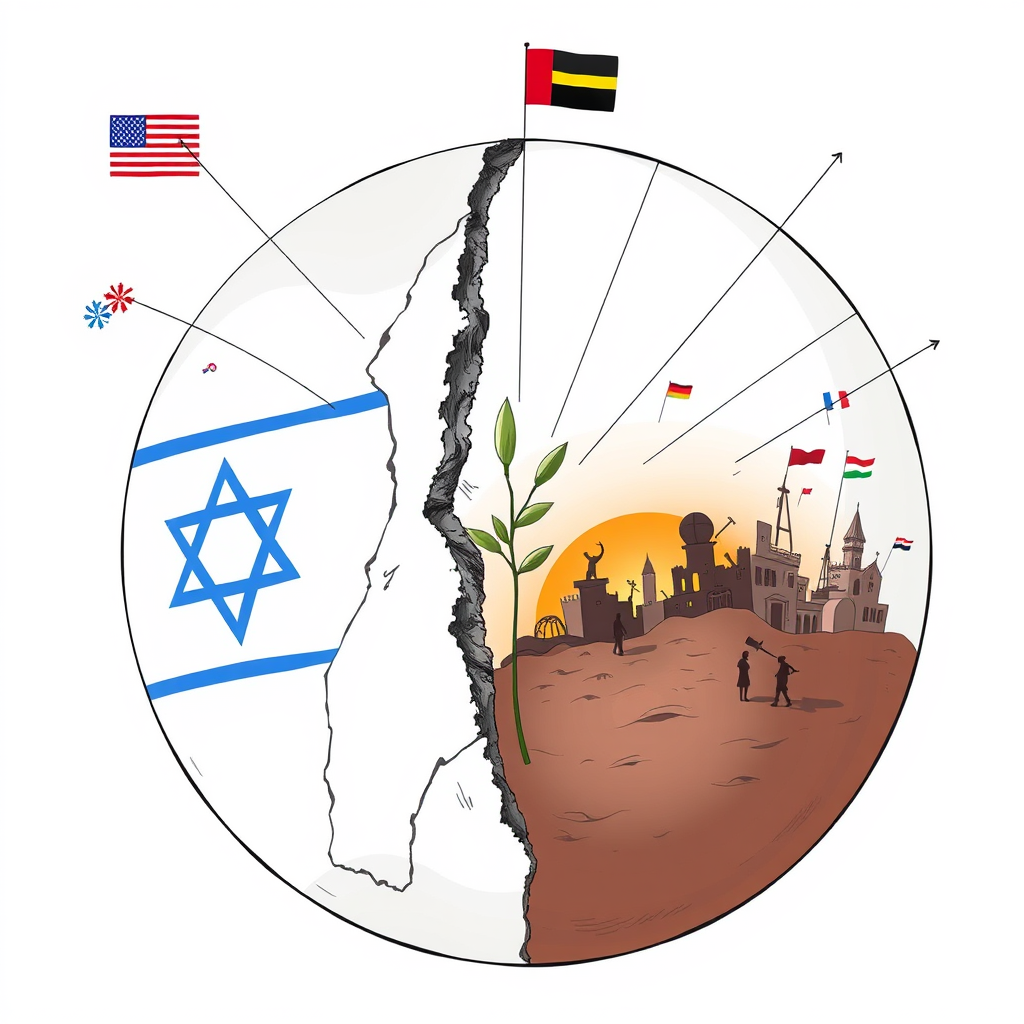Is the World Turning Against Israel Now?

The conflict in Gaza is reaching a critical juncture, marked by escalating international criticism of Israel’s military actions and a growing sense of unease among its traditional allies. Recent months have witnessed a devastating toll – over 50,000 Palestinian deaths and widespread destruction of infrastructure – following the October 7th Hamas attack that claimed 1,200 Israeli lives and led to the capture of 250 hostages, 58 of whom remain in Gaza, with roughly a third believed to be alive.
While Israel maintains its objective of dismantling Hamas, the methods employed are drawing increasingly sharp scrutiny. A recent total blockade of humanitarian aid, lasting nearly three months, sparked accusations of using aid as a “weapon of war” at the International Court of Justice, exacerbating a dire hunger crisis where hundreds of thousands faced starvation.
The shift in global perception is notable. Within Israel, retired general Yair Golan publicly suggested the nation is becoming a “pariah state,” a sentiment echoed, though often privately, by a growing number of Israelis, according to Associated Press correspondent Tia Goldenberg. This internal dissent coincides with external pressure from an unlikely coalition of voices.
Figures as diverse as podcaster Theo Von and children’s entertainer Ms. Rachel have publicly condemned the conflict, highlighting the widespread moral concerns. Pope Leo XIV has renewed calls for a ceasefire, and even long-standing allies are signaling a potential reassessment of their relationships. German leaders have hinted at a change in their special relationship with Israel, while French President Emmanuel Macron has floated the possibility of recognizing Palestinian statehood.
Perhaps most surprisingly, former President Donald Trump, a staunch supporter of Israel and Prime Minister Benjamin Netanyahu, has expressed a desire to see the situation resolved “as quickly as possible.” This confluence of criticism suggests a potential inflection point in the long-running conflict.
However, despite the shifting rhetoric, concrete changes in support remain limited. Israel continues to pursue its military objectives, recently eliminating a key Hamas leader, Mohammed Sinwar. The internal political pressures facing Prime Minister Netanyahu, coupled with the unwavering commitment to destroying Hamas, suggest a prolonged conflict is still likely.
The situation is deeply troubling. While Israel has a right to defend itself against attacks, the scale of the devastation in Gaza and the targeting of civilians raise serious questions about the proportionality and legality of its actions. The international community must exert greater pressure on all parties to prioritize civilian lives, adhere to international humanitarian law, and pursue a meaningful path towards a lasting peace. The current trajectory risks further destabilizing the region and perpetuating a cycle of violence with devastating consequences for all involved.